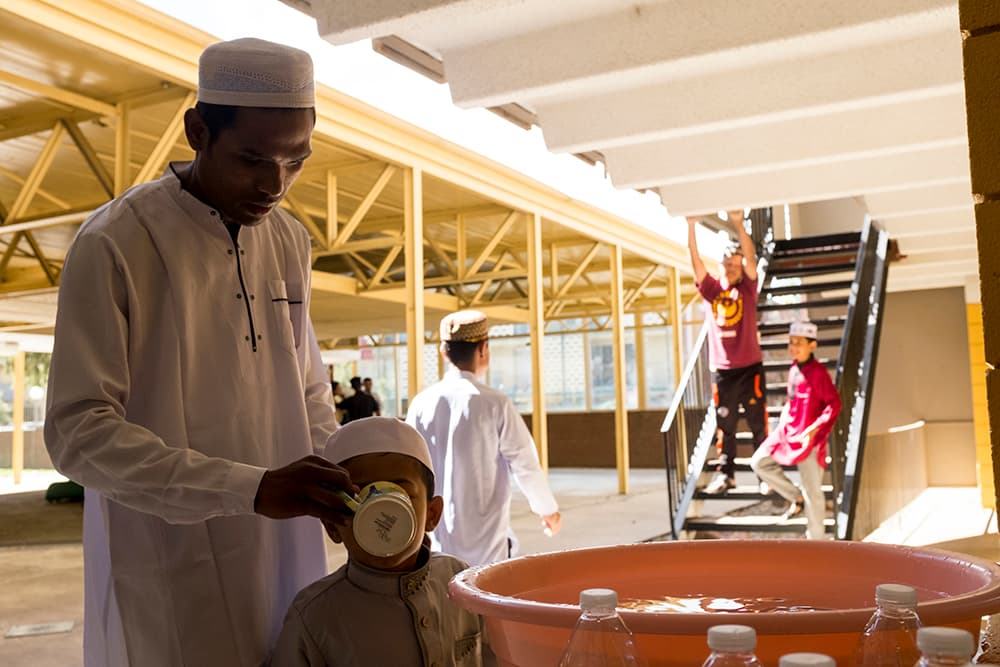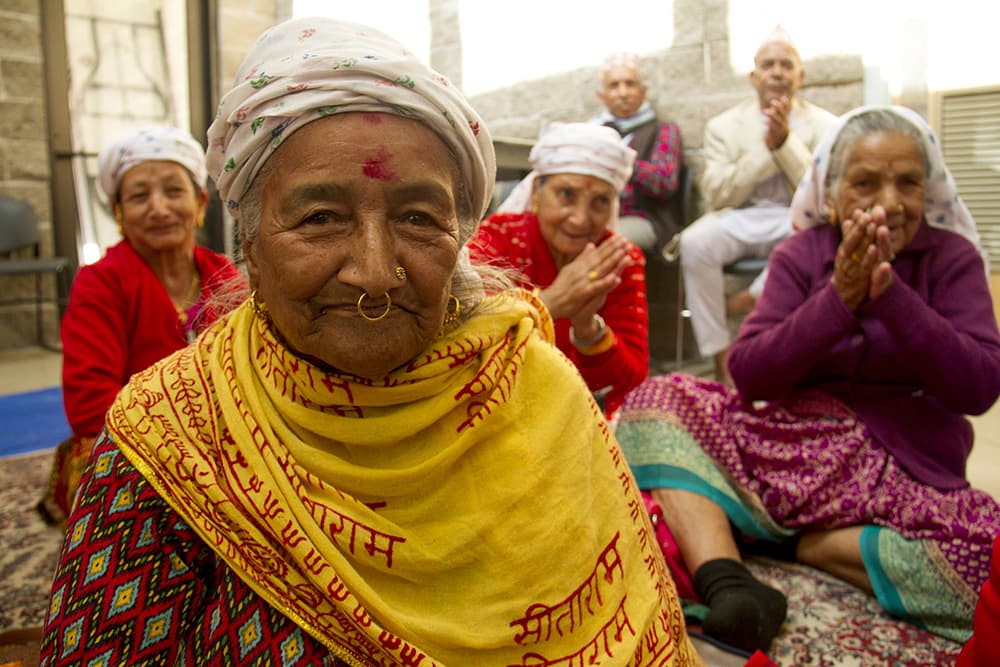According to Michael Bryant, a spokesman for the city of Aurora, there are about 160 languages spoken in Denver's sister city. It's extremely diverse, with almost a fifth of its population born outside the U.S.
Aurora usually celebrates its vibrant population, but when it comes to getting everyone on the same page for an emergency, that patchwork of cultures and languages could prove difficult to alert at once. We wondered if they might have trouble distributing crucial information about the novel coronavirus now that it's been detected in Colorado.
That difficult task is something Bryant said the city recognized back in 2017 when it partnered with the Village Exchange Center, a local community organization, to implement a new program called "Natural Helpers." It identifies stakeholders in the city's wide-ranging language and cultural groups, trains up their leadership skills, helps them get to know each other and then sends them back into their communities. These Helpers become liaisons between Aurora's many cultural enclaves and the city.

Minsoo Song, who works with Aurora's Office of International & Immigrant Affairs, said liaisons are often put to work when people in a community needs to access resources from the city. But this week, it's likely to go the other way.
Song said Aurora has an emergency text messaging system, but people have to opt in and messages won't be translated to many languages. Instead, Aurora's Natural Helpers will likely translate and carry important messages from the Tri-County Health Department into their communities.
Tri-County, which serves Adams, Arapahoe and Douglas counties, has a Google translate button on the bottom of its info page for the virus. But Song said Natural Helpers can also cut through cultural barriers to make sure information is spread quickly.
"We're trying to empower these existing community leaders," Song said. "They do have the trust."
Song said there are over 130 Natural Helpers in Aurora who have graduated from eight cohorts, and another cohort is set to graduate on Saturday.
Here are the ten languages spoken most in Aurora, outside of English, which Bryant said will be the city's main focus in distributing information:
1. Spanish
2. Korean
3. Vietnamese
4. Amharic
5. Chinese
6. Nepali
7. Burmese
8. Karen
9. Tigrinya
10. Russian












